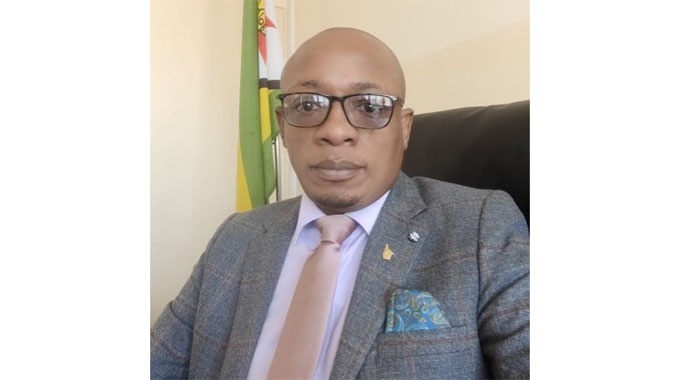
Government has warned public and private schools to desist from charging school fees exclusively in United States dollars or pegging at illegal black market rates.
This comes on the back of complaints by parents who say schools have pegged school fees in forex, with no option to pay at the prevailing Zimbabwe Gold (ZiG) rate.
This is in variance with President Mnangagwa’s call for Zimbabweans to embrace and defend the gold-backed local currency, which has been embraced by manufacturers.
A survey conducted by The Herald at various schools showed that most were only accepting US dollar payments. In cases where the ZiG was accepted, it was pegged using the black market rate.
However, some public and mission schools are accepting part of the fees in US dollars with the rest being paid in local currency.
Schools will open for the second term on Tuesday next week and parents say they want to be allowed to pay using any currency that they are comfortable with.
The Reserve Bank of Zimbabwe’s Financial Intelligence Unit (FIU) warned school heads against breaching the country’s laws.
“As we approach a new term, we are only now beginning to receive such complaints from parents. It’s only a handful of complaints to date but we are anticipating more such as we move closer and closer to schools opening.
“Our approach is to engage the school authorities first and foremost and almost always the schools immediately comply. We only have had two cases in the past where we were forced to take drastic action of freezing accounts (one private school and one university), but that’s something that we want to avoid if we can as this prejudices the learners and parents whom we want to protect.
“We are considering recommending that school heads be held personally liable for such breaches. That would be more effective deterrence. For now, we urge the public to continue bringing such breaches of the law to the FIU,” said the FIU director, Mr Oliver Chiperesa.
While the cases are still few and far between, parents with learners at Chemhanza High School in Hwedza said the schools had explicitly told them that they would only accept fees in US dollars.
Westminster International School, a private school in Harare, has pegged fees at a rate of ZiG23 per dollar, leaving parents with no option but to pay in foreign currency.
Others, particularly private and mission-run schools, said they were waiting for the owners of the schools to make pronouncements on the currency they would be accepting before issuing invoices to parents.
“I feel that schools are taking advantage of the situation which was prevailing with the RTGS, where inflation was running out of control. They now want us to continue paying in US dollars, which benefits them but not every parent gets paid in forex so they should give us an option to pay in ZiG,” said one parent who preferred anonymity.
Another parent said pegging school fees at a rate that is double the prevailing bank rate was just as good as forcing them to pay in foreign currency.
Ministry of Primary and Secondary School spokesperson Mr Taungana Ndoro said the Government’s position on school fees payment had not changed.
“In accordance with the Secretary’s Circular No. 10 of 2022, Government policy position is that school fees must be paid in Zimbabwean currency, which of course is now called ZIG. No school, therefore, must force any parent to pay fees or levies exclusively in foreign currency since parents are free to pay in a currency of their choice, as Zimbabwe operates under a multi-currency regime,” he said.
Government recently introduced the ZiG structured currency which started circulating yesterday.
The new currency, which is backed by gold and cash reserves, is pegged at 13,56.16 to the United States dollar.
RBZ governor Dr John Mushayavanhu last week said everything was in place for a seamless distribution of the new currency and set withdrawal limits for individuals at ZiG3 000, corporates at ZiG30 000, schools, hospitals, clinics, local authorities ZiG50 000 and Government ministries and departments limits were set at ZiG300 000.
Government has reiterated that the new currency will not lose its value as it is backed by strong macroeconomic fundamentals prevailing in the economy.
Mr Ndoro said schools had no reason to deny parents to pay using a currency of their choice.
“If fees are pegged in foreign currency for value preservation, parents must pay school fees in local currency at the prevailing interbank rate of the day the transaction is made,” he added.
Most parents receive a large part of their salaries in local currency and even those who are assisted by their employers to pay school fees, get the allowances mostly in local currency.
Herald




